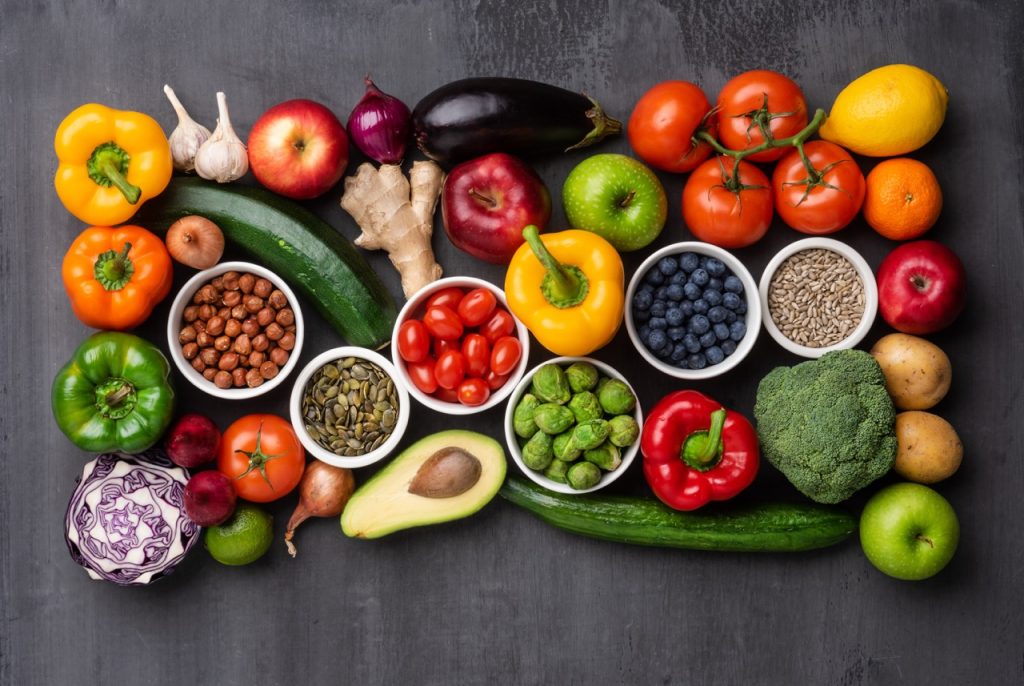
As your body transitions through menopause, hormonal changes—especially the drop in estrogen—can trigger symptoms like hot flashes, mood swings, sleep disturbances, and weight gain. While every woman’s experience is unique, one thing is certain: the foods you eat can play a powerful role in how you feel. Focusing on nutrient-rich, hormone-supportive foods can help you manage symptoms and feel more balanced and energized during this stage of life.
Leafy greens like spinach and kale are packed with magnesium and calcium, which help reduce stress and support strong bones. Healthy fats from avocados, olive oil, and omega-3-rich fish like salmon help manage inflammation and stabilize mood. Phytoestrogen-rich foods like flaxseeds, soy, and chickpeas may ease hot flashes by mimicking the effects of estrogen in the body. Whole grains such as quinoa and oats help regulate blood sugar, reduce fatigue, and keep energy steady throughout the day. Meanwhile, antioxidant-rich fruits like berries and citrus can boost your immune system and support healthy skin.
It’s also important to limit certain foods that can worsen symptoms—like caffeine, alcohol, and processed sugar—which are known to trigger hot flashes, disrupt sleep, and impact mood.
You don’t need to overhaul your entire diet overnight. Small, consistent changes—like adding greens to your smoothie or swapping white rice for quinoa—can make a big difference. Pairing nutrition with regular movement, sleep, and self-care can help you thrive through menopause.
